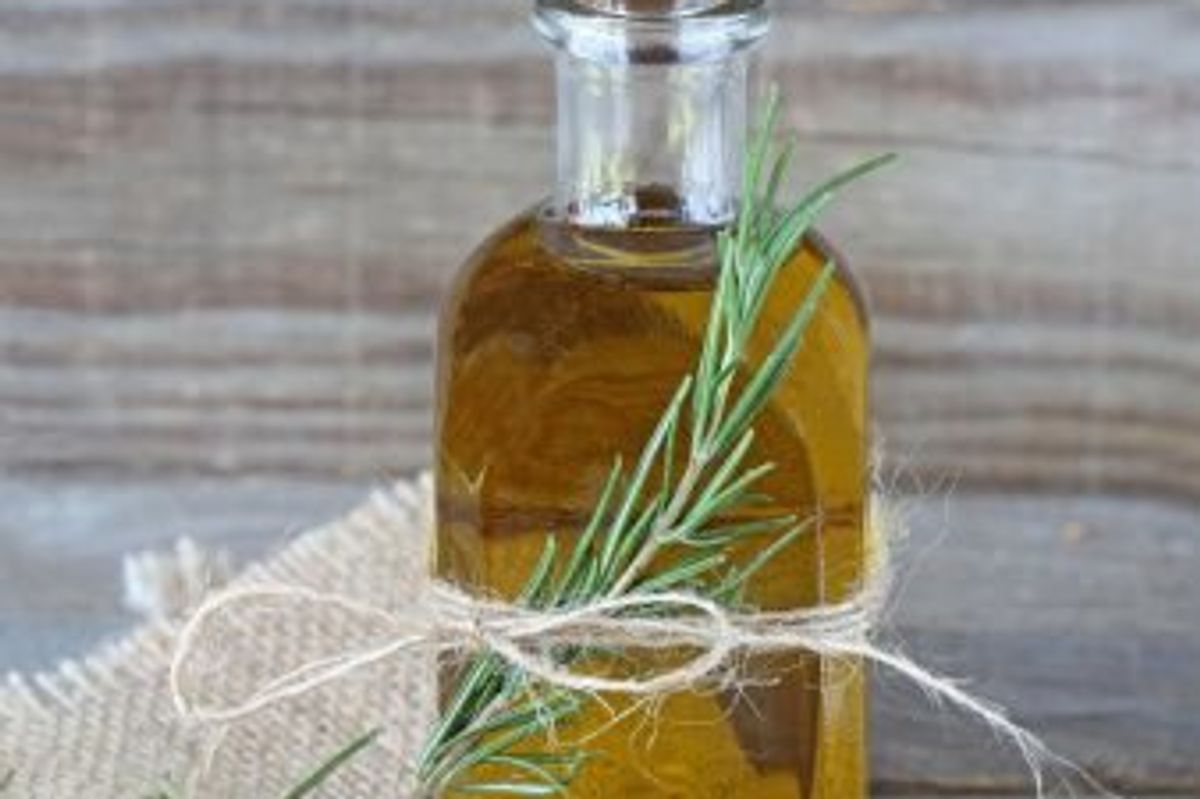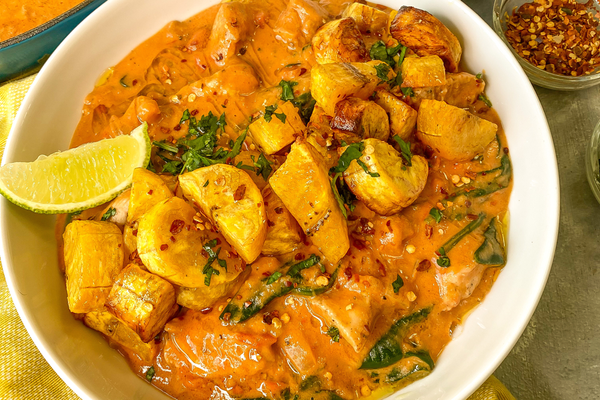Apologies to those of you who like to maintain your childlike naiveté: By now, life has granted us the unique knowledge to know that certain things like Santa Claus, the tooth fairy and magical crystal balls don't exist.
Still, if someone told you that if you ate a certain way in midlife, you would be less likely to be without major limitations in both physical and mental health in your old age, what would you do?
There's a new study, published in the Annals of Internal Medicine, finding that women who followed a Mediterranean-style diet were more likely to be free of any major limitations in both physical and mental health in their old age.
When over 10,000 women who were part of the Nurses' Health Study (this long-term epidemiological study began in 1976 and has followed over 200,000 registered nurses to evaluate risk factors for cancer, cardiovascular disease and other chronic health conditions) were followed, it was found that the women who adhered to a Mediterranean style of eating had a 46 percent greater chance of healthy aging. That is, at 70 years old or older they were free of major chronic diseases and had no major impairment in their cognitive and mental health.
Since most health conditions develop slowly over many years, it's important to look at disease risks over the course of your life, not just in old age, according to Cecilia Samieri, one of many who worked on the study. She told Reuters Health that midlife exposures are a particularly relevant period. "For example," she said, "atherosclerosis in cardiac diseases (and) brain lesions in dementia start in midlife."
Just what are the key elements to a Mediterranean-style diet?
Eat more of these:
- Fruits
- Vegetables
- Legumes
- Whole grains
- Fish and seafood (eat at least twice a week)
- Healthy (monounsaturated) fats, like olive oil
- Nuts like walnuts (but watch your portions—they're high in calories—and watch out for nuts with a lot of salt and candied or honey-roasted nuts)
And less of these:
- Red and processed meats
- Alcohol
- Unhealthy (saturated) fats, like butter
- Salt (instead, flavor your foods with herbs and spices)
And what about red wine, which is typically associated with this diet? While some health professionals are hesitant to encourage the use of alcohol because of the health consequences of excessive drinking, if you can keep your consumption moderate—for women of all ages and men over 65, that's no more than 5 ounces of wine daily and for men younger than 65, no more than 10 ounces daily—go for it. Some research studies have linked alcohol, in moderation, with a reduced risk of heart disease.
Simply put, eat healthier at midlife and there's a good shot you'll enjoy greater health and well-being as you age.
Now that's about as close to a crystal ball as you can get.
You might also enjoy:
Top 3 Common Health Misconceptions
10 Sneaky Ways to Get More Fruits and Veggies in Your Diet
5 Healthy Fall Foods to Try This Season







